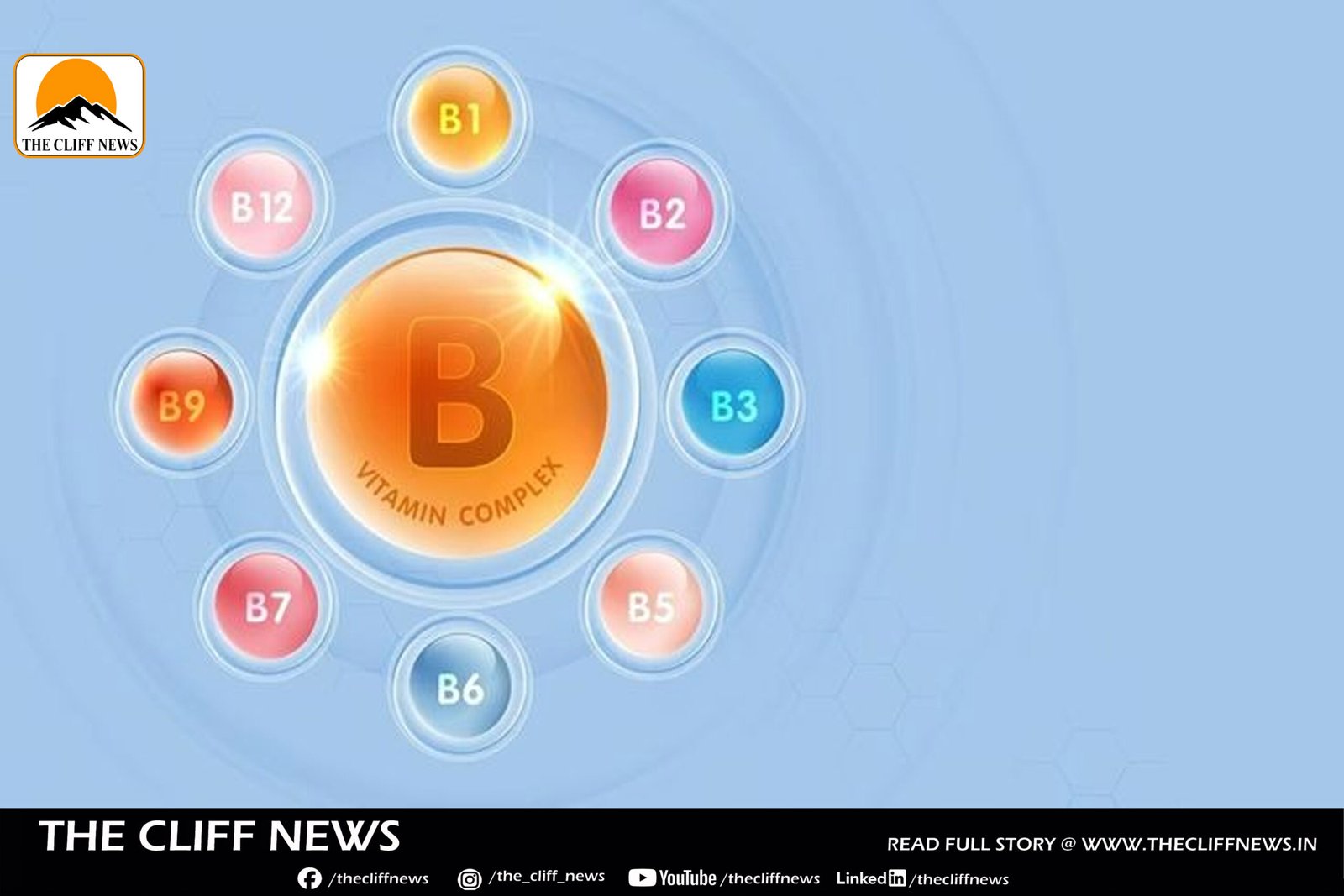Is it just a coincidence that “B” stands for both brain and B-complex? Probably not. Science suggests the connection runs deep.
While vitamins B6 and B12 usually get all the spotlight for brain health, research reveals that the entire B-complex family—including B1 (thiamine), B2 (riboflavin), B3 (niacin), B5 (pantothenic acid), B7 (biotin), and B9 (folate)—plays crucial roles in fueling, protecting, and sustaining the brain.
Even renowned neuroscientist Robert W.B. Love, known for his Alzheimer’s prevention work, agrees that these nutrients are far more than supporting players.
Let’s unpack how B-complex vitamins nourish your brain, what the science really says, and how you can bring them into your daily meals without relying solely on supplements.
Beyond B6 and B12: Why the Full B-Complex Matters
The eight water-soluble B vitamins form the brain’s energy and resilience toolkit:
- Thiamine (B1): Converts glucose into fuel for brain cells.
- Riboflavin (B2): Powers cellular energy and acts as an antioxidant.
- Niacin (B3): Supports brain lipid production and cognition.
- Pantothenic acid (B5): Builds coenzyme A, vital for neurotransmitters.
- Biotin (B7): Metabolizes fats, proteins, and carbs into brain fuel.
- Folate (B9): Repairs DNA, regulates homocysteine, and boosts mental function.
👉 A large meta-analysis showed that folate intake was significantly linked to lower dementia risk, and B-vitamin supplementation overall slowed cognitive decline.
What the Research Shows
- Brain volume & cognition: Clinical trials like VITACOG and FACT suggest B-complex vitamins may slow brain shrinkage and improve performance in at-risk groups.
- Mood & mental energy: Even without deficiencies, B-complex supplements have been shown to reduce fatigue and lift mood.
- Homocysteine connection: Folate lowers homocysteine, a dementia risk marker, but works best in tandem with other B vitamins. Niacin (B3) independently supports DNA repair and neural resilience.
Food First: How to Eat Your B-Complex
The good news? You don’t need pills to fuel your brain—nature packs B vitamins into a wide variety of foods:
- Whole grains & legumes: Lentils, chickpeas, kidney beans, and wholegrain bread deliver B1, B2, B3, B5, and folate.
- Leafy greens: Spinach and kale are folate and riboflavin powerhouses.
- Nuts & seeds: Rich in biotin (B7) and pantothenic acid (B5).
- Eggs, dairy, fish, meat: Provide a broad spectrum of B vitamins.
- Fortified cereals & nutritional yeast: Great plant-based options for folate and more.
Smart Ways to Add Them Daily
- Breakfast: Oatmeal with nuts and banana (B7 boost) or wholegrain toast with avocado + nutritional yeast.
- Lunch: A chickpea–spinach salad with sunflower seeds.
- Dinner: Wholegrain pasta with tomato sauce, nutritional yeast, and steamed greens.
- Snacks: Trail mix of nuts, seeds, and dried fruit.
Think of your brain as an explorer that thrives on diversity. Feeding it a colorful, balanced mix of whole foods gives it the full B-vitamin power team—no extra capsules required.



